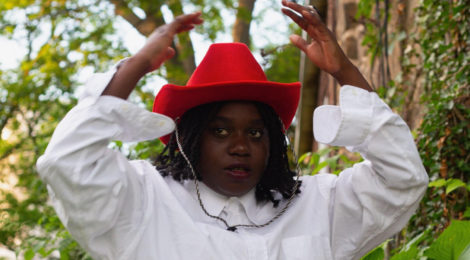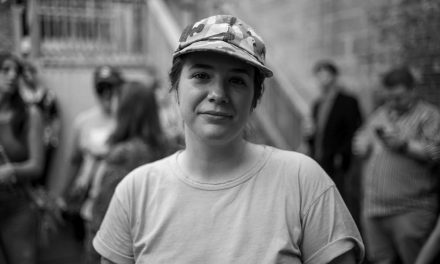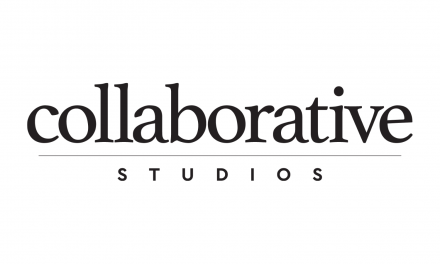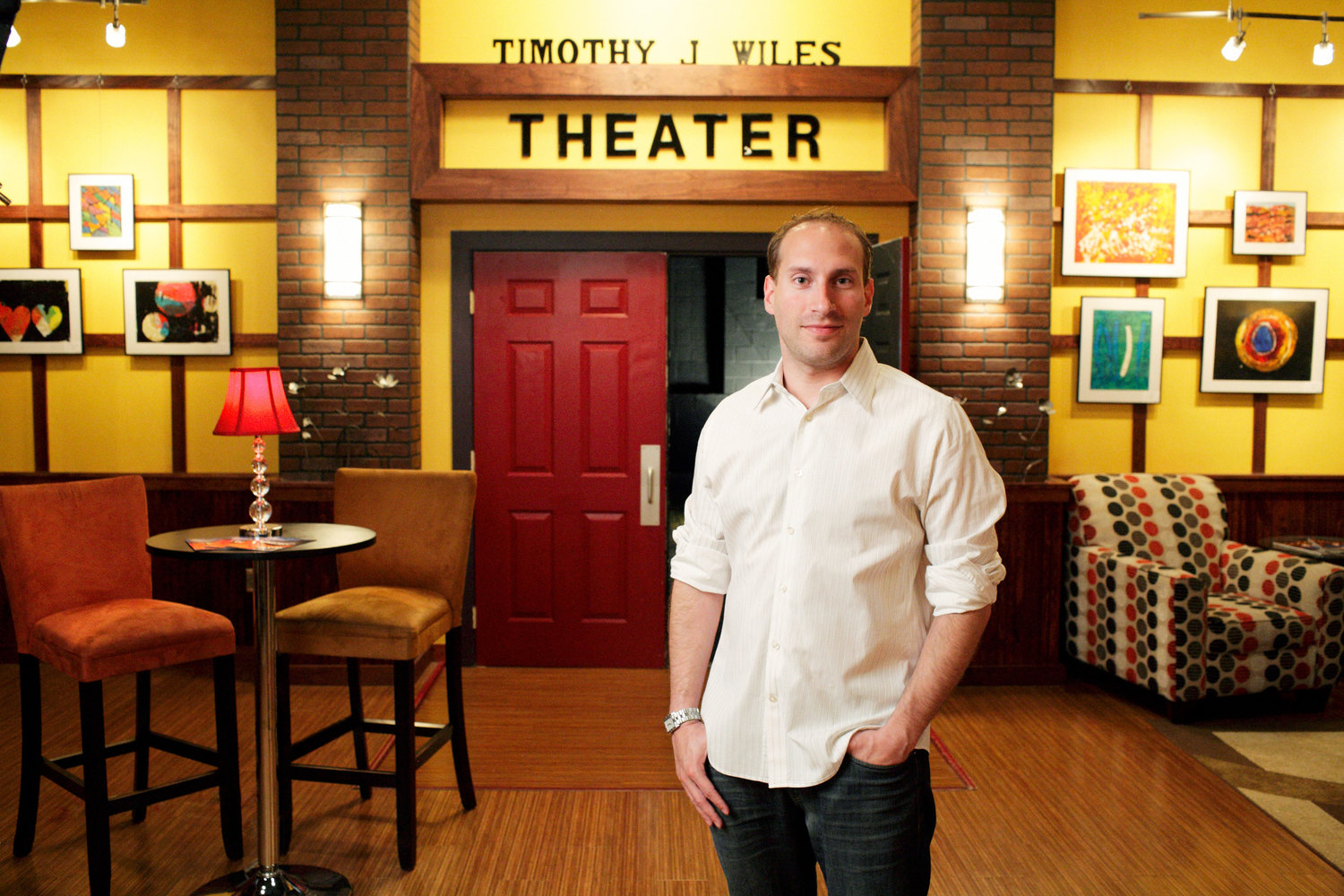Above: Shanekia McIntosh. Photo courtesy of Hudson Hall
On Friday, Aug. 2, performance artist Shanekia McIntosh will present “Call Me Ishmael – A Story of Exploitation” as part of a series of events celebrating Herman Melville’s 200th birthday and his legacy in the historic whaling city of Hudson, organized by Hudson Hall.
Hudson Hall approached McIntosh last year about contributing to their series, as the artist has created and performed works all over the city, such as The September Gallery, Spotty Dog Books & Ale and Basilica Hudson’s Soundscape. She has collaborated with well known artists of the area such as Zia Anger and Jenny Hval and co-founded the black queer creative performance event series Free Range.
“Call Me Ishmael,” named after the very first line of Melville’s epic novel, incorporates performance art, prose and “stream of consciousness” poetry, dance by artist Devon Rainey, visual art by Rebecca Borer, drumming accompaniment by Nkoula Badila of Hudson band Lady Moon & The Eclipse and sound design by Chris Garneau, who worked with McIntosh tackle one of Hudson Hall’s main requests–incorporating the songs of the humpback whale.
“They were intrigued by that being a starting off point to the modern environmentalist movement,” McIntosh says. “In the past when I’ve had the opportunity to perform elsewhere, kind of in the same vein of Hudson Hall, I’ve used musicians. Chris is a dear friend of mine so the big thing was thinking about who I could collaborate with who would be able to empower the words in a meaningful way.”
Chris Garneau is a singer-songwriter with a catalogue of solo and compositional releases who connected with McIntosh through Hudson’s art scene.
“Though there are a lot of young people moving to Hudson most recently, we’ve both been here for quite a while,” he says. “We both, strangely, just outside of this project, have had this obsession with whale communication and whale sounds. I play with a lot of string players in my solo project stuff, specifically cello. I was babysitting a cello about a decade ago and just started recording and experimenting and started realizing how much you could emulate a whale with a cello and some light process. I don’t have them anymore but they’re like a file in my brain so an initial jumping point for me was thinking about recreating that. That was the ignition for the sound design.”
The overall theme of “Call Me Ishmael” is largely focused on drawing attention to the climate refugee crisis, using the idea of dislocation and migration for survival–performed by whales and the human species as a way of being forced out by the dangers of nature and/or circumstance.
The performance aspect of the piece is also inspired by the actions and formations of early environmental organizations and movements like Save The Whales.
“I was really intrigued by Greenpeace. Their early actions were very performative in the things they would do to get attention, very guerilla grassroots, shocking and theatrical pieces,” McIntosh says.
Connecting to Melville’s work, McIntosh and Garneau were both particularly drawn to how the whaling industry affected the society and the overall history of the city that has become their home over the past decade, calling it “fascinating,” “dark” and “complex.”
“There’s something about the way experiences are transferred. For the whaling industry to start and take the many directions it went and what it ravaged–starting with humans in really dangerous scenarios on a ship in the 19th century and then this really long, torturous, dark, graphic slaughter of a whale–giving way to turning a town like Hudson into an industry town…for me it feels really expansive. There is not just one theme, which is fascinating about the book itself. It just keeps moving. What Shanekia has tied her work to, on this project, is again another transfer of this human experience,” Garneau says.
“There’s so much the community is still dealing with, which was so interesting to me when I was conceiving it, the history of Hudson with the whalers and proprietors and this imbalance–especially how you think about how the town was divided up, and still is divided up, in the planning of Hudson,” McIntosh says.
In her research on the city and on the larger plight of the climate refugee crisis, the artist also found an interesting connection.
“I was aware that Bangladesh, parts of it are specifically impacted by climate change right now, and as I continued my research on climate refugees and dislocation I realized a lot of impact studies were centered around Bangladesh. Hudson has a pretty sizable Bangladeshi community so for me, choosing to center the narrative around that plight and the black experience is thinking about the two extremely populated minority groups of Hudson.”
As an employee at the Hudson Public Library, McIntosh says she sees and works with everyone in Hudson, a community she says is much more diverse than it is given credit for. In a way, the piece is dedicated to them.
“These are the people who help me and who I help, particularly families and children who are refugees. It’s kind of in honor of those families that I really love and have seen grow in this country and in this community. I want to put that narrative forward in my performance because it feels more relevant to the Hudson experience now.”
“Call Me Ishmael” will be performed at Second Ward in Hudson, a venue the artists are excited about for its accessibility in event cost (often free or as low as possible) and location in the north side of the city where the larger community of Bangladeshi and black communities live.
“It’s more based in performance art and new media than other spaces in Hudson,” McIntosh says. “Also, kids feel comfortable coming in here and have before. Hopefully they’ll just stumble in…It’s important to have the audience you are talking about there… It feels good to incorporate my own community and it feels good that Hudson Hall and Second Ward are giving us this platform. I would love for that to happen more in this community. I can feel it turning a little bit, with people utilizing the art community that is here. It’s always great when amazing performers and musicians come to Hudson but I feel a wave of a balance, giving a platform to emerging artists and those who are a part of the community.”
Having support from a larger institution like Hudson Hall has made a significant impact on how McIntosh planned and achieved this work as opposed to working on her own.
“From a mental health standpoint, I’m someone who has a vision and says, ‘This is how it has to be,’ but you get to a point where you realize, ‘I can kill myself doing this or I can keep elements of it,’ so there has been a lot of frustrating times. I don’t have the time or the resources. This feels like a natural part of one long narrative I’ve been telling. It feels like the first stage on the scale of something I’ve been really wanting to do for so long but lacking the resources. A lot of the components of this I’ve always wanted to have–to be able to commission visuals, music and dancing. It’s the end chapter of trying to get to a place I’ve been trying to get to in three years. Hopefully it’s just the beginning of more performances like this.”
McIntosh hopes audiences will experience the expansiveness and the confusion of the issues presented through “Call Me Ishmael” and come away with the urge to do their own research and explore ways to take action.
“I want them to be like, ‘Is this real? How can I do something about it?’ There’s a poem about how easy it is for us to consume things and walk away, to not think about it again. There’s so much happening right now with climate refugees and immigration all over the western world. These leaders know that this crisis is happening. It’s an intentional setting of a foundation that will become, over the next few years, something that cannot be ignored.”
“Call Me Ishmael – A Story of Exploitation” will be performed at Second Ward, Hudson on Friday, Aug. 2 at 8 PM. $10





